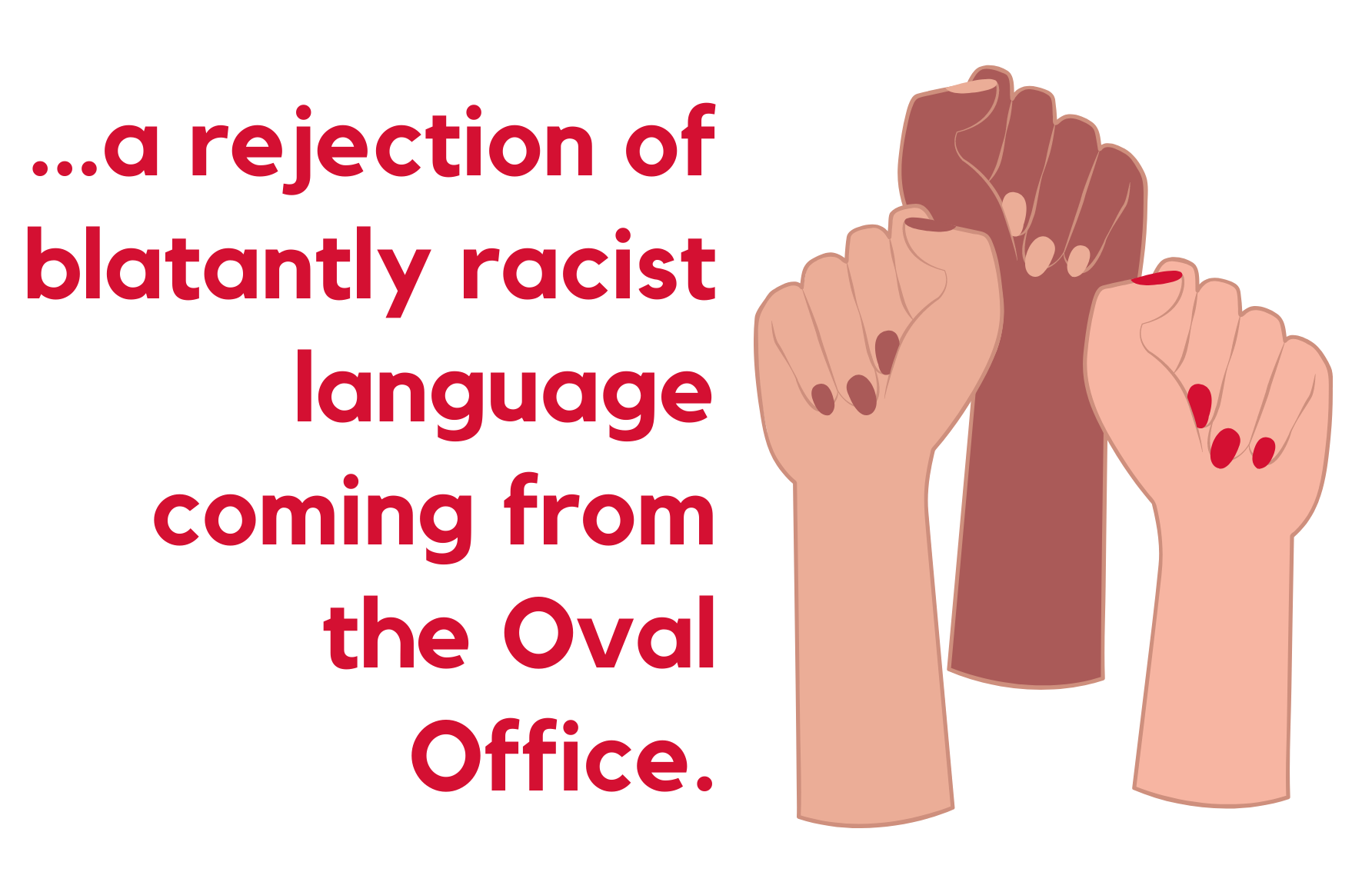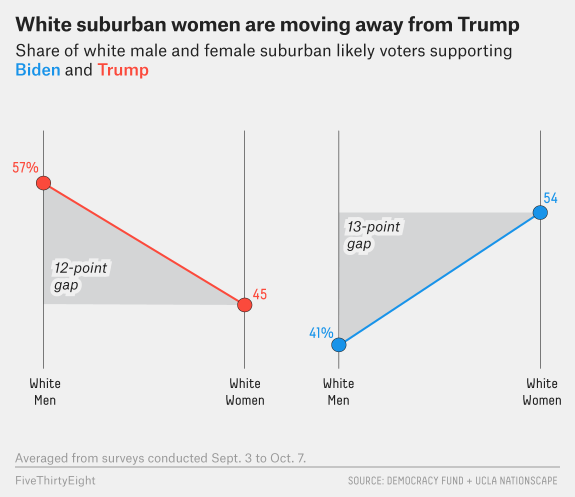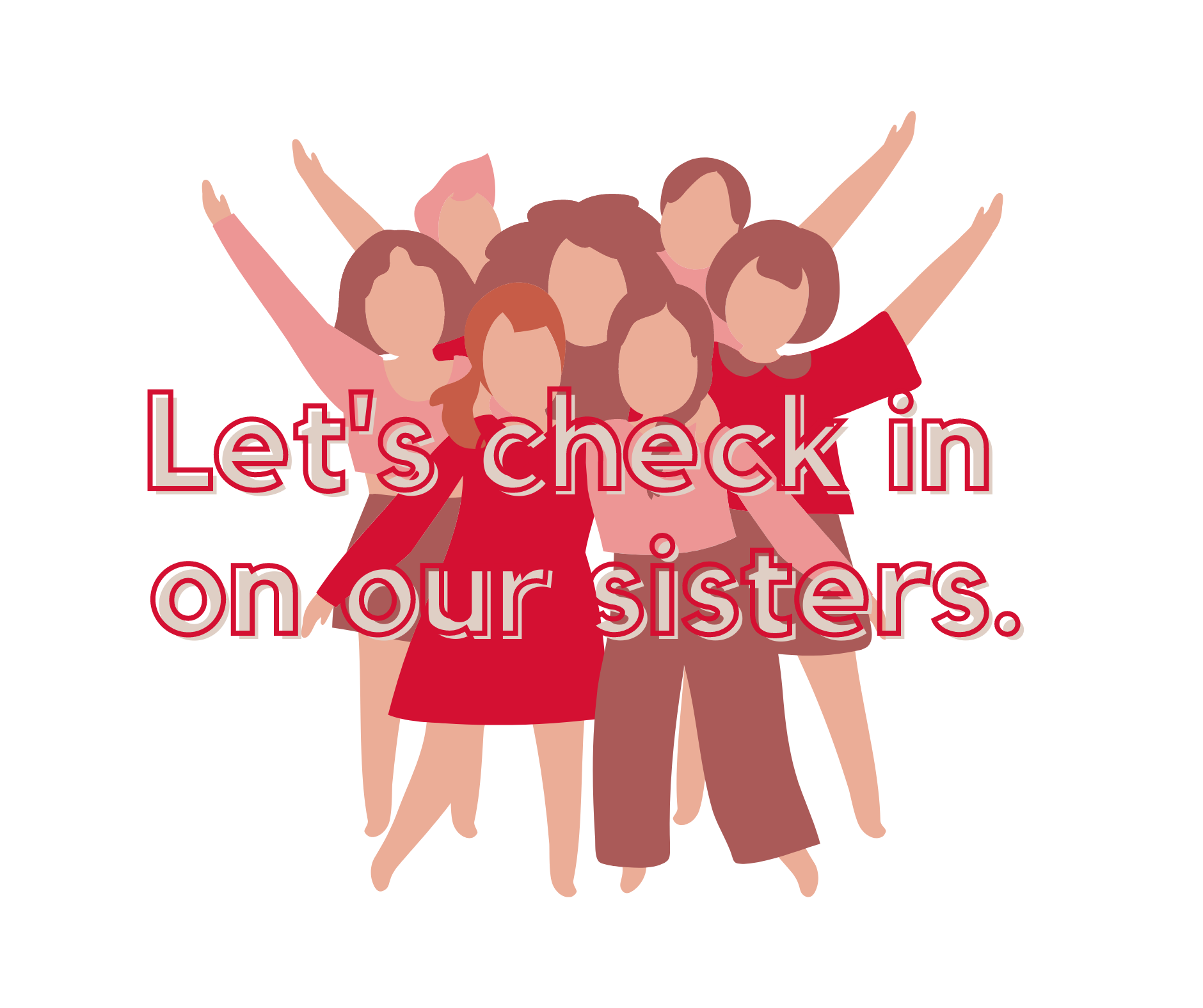With headlines like the “largest lead among women in modern history” and “new analysis shows how women helped fuel a Biden fundraising surge,” and “Biden gains as suburban women and elderly voters turn backs on Trump.” many of us are feeling hopeful about November 3rd.
But we’ve been here before. And we all remember the meme that emerged after 2016 and remains to this day: that white women voters were responsible for Trump winning. Exit polls at the time showed 52% of white women saying that they voted for Trump, while 43% voted for Hillary Clinton.
The real numbers turned out to be less dire — later analysis indicated that the real margin was 47% for Trump compared to 45% for Clinton — but more white women voted for Trump.
The truth is that, shocking as it was for many of us white women, that election wasn’t out of step with past voting patterns.
“Majorities of white women have backed the Republican presidential candidate in nearly* every election for the past 70 years.”
Julie Kohler, producer of White Picket Fence,
a podcast about white women and politics
*The only exceptions were in 1992 and 1996, when white women voted for Bill Clinton.
Will 2020 be the year that white women break the cycle?
All Signs Point to ‘Yes’
As the president begs white suburban women to “like” him again in 2020, polls indicate that they are saying, “No.”
One big reason for that is this administration’s gross mismanagement of the coronavirus crisis. Women have been disproportionately affected by the pandemic, whether it means having to juggle the resulting child care, work and caregiving responsibilities or being forced out of the workforce. In poll after poll, women say that they have had it. They are concerned about their safety and their children’s future, and they believe that Joe Biden and Kamala Harris are the better choice.

Another factor is the summer’s Black Lives Matter protests, increased awareness of systemic racism and a rejection of blatantly racist language coming from the Oval Office. Trump’s words and actions over the past four years have made it more difficult for moderate white suburban voters to stay with him.
In fact, Trump has “galvanized a new wave of women-led grassroots organizing in some of the reddest parts of the country, focused largely on state and local races,” many of which are led by women of color who are more politically activethan their white neighbors. “African American women have been clear: We know exactly who will do a better job for us and our community,” Daisy Foxx, 65, who lives in a diverse suburban neighborhood outside Fayetteville, North Carolina told Vox. “I hope my white counterparts are looking at this.”
As Andrea Moore, a white 45-year-old stay-at-home mom from Michigan who voted for Trump in 2016, told the AP, “He was an unknown quantity, but now we know.” She says she is voting for Biden because of “a million little things” including the president’s divisiveness, fear mongering and failed Covid-19 response. Among white college-educated women in a recent PRRI poll, seven in 10 said they disapprove of Trump’s handling of the pandemic, seven in 10 said they disapprove of his response to racial justice protests and a similar share believe he has encouraged white supremacists.

Over the past few months, President Trump has framed the 2020 election as a defense of suburbia. But according to 538 Politics’ analysis of Democracy Fund + UCLA Nationscape data, the approach isn’t working. “Trump is losing suburban voters to Biden, by 54 percent to 44 percent.”
But of course, all of this depends on all women showing up to vote and doing the work to ensure that others show up, too. That might include helping younger first-time voters to navigate the process or helping older voters used to voting in person vote another way. So let’s check in on our sisters. Ask your daughters, your nieces, your aunties and your neighbors what their voting plans are and if they have any questions.

I’ve said it before, and I’ll say it again. Women, we have the opportunity to make real change happen with our votes. The statistics make it clear that women will make or break this election, and polls show at this point that the majority plan to vote for Vice President Joe Biden and Senator Kamala Harris.
Four years ago, polling put Hillary Clinton 33 points ahead of Trump with women voters prior to the election. Something happened between the polls and the ballot box, and rather than rehash all the explanations and revisit the anger, the pain and confusion about the women’s vote, let’s Woman UP! to the power we have in this election to reclaim our democracy and a better future for our children and grandchildren.



